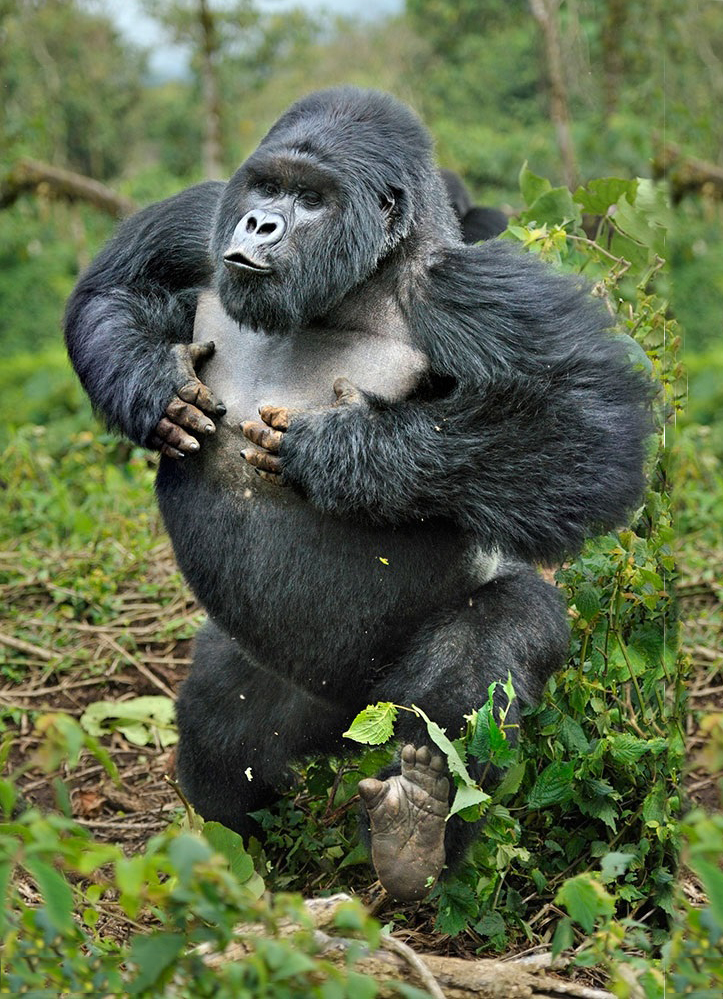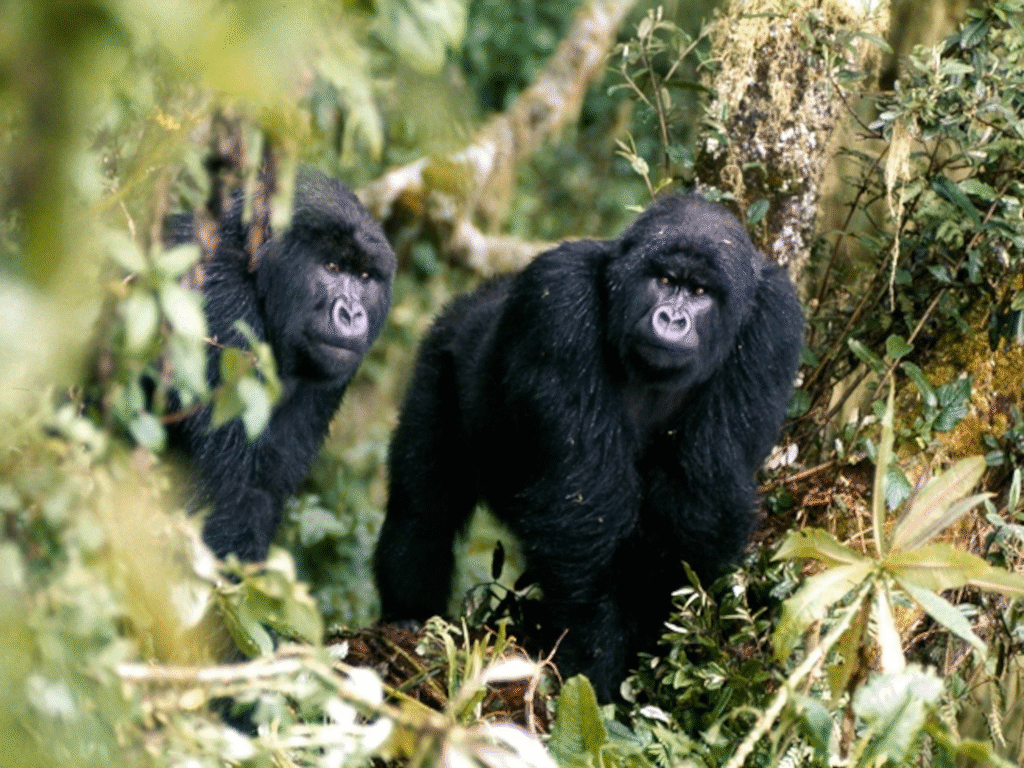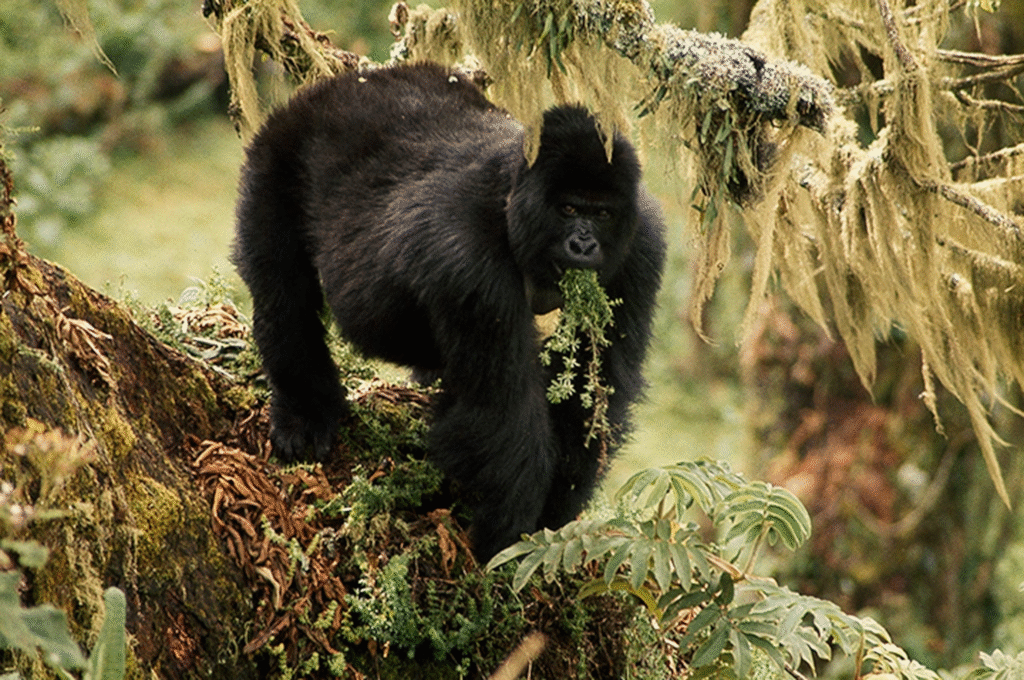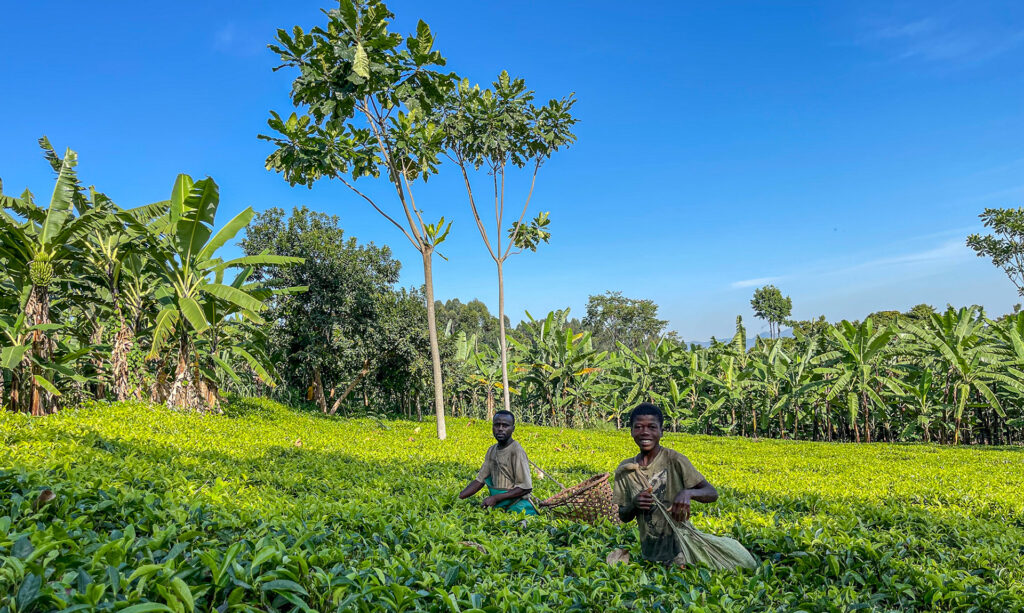Where the soul of the forest whispers in the mist
Religion and spirituality in Uganda form the foundation of daily life, shaping community values, social interactions, and personal identity. With a majority Christian population, a significant Muslim community, and enduring traditional beliefs, Uganda’s faith landscape is a vibrant tapestry where ancient customs meet modern practices. Religious rituals, festivals, and sacred places connect Ugandans to their history and provide strength during life’s challenges, while churches and mosques act as centers of community life and social support. This coexistence of faiths fosters unity, respect, and peace across the nation.
Beyond organized religion, traditional spiritual practices remain alive, especially in rural areas, blending seamlessly with Christianity and Islam in a unique cultural fusion. Ugandans honor ancestors, consult spiritual healers, and engage in ceremonies that celebrate nature and heritage. This rich spiritual diversity, coupled with widespread religious tolerance, defines Uganda’s identity and sustains its social fabric. Faith here is not just belief—it is the heartbeat of the nation, influencing everything from personal values to national celebrations.
So lace up your boots, grab your camera, and prepare to meet the wild — this is where your gorilla trekking dreams and unforgettable safari adventures truly begin.
Truly Iconic Highlights in Uganda
Trek through Bwindi’s mystical rainforest and meet the endangered mountain gorillas in their breathtaking natural home.
Encounter mountain gorillas and golden monkeys on Mgahinga’s misty volcanic trails, where culture and alpine wildlife thrive together.
Unwind after your trek with a peaceful canoe ride across Lake Bunyonyi, Uganda’s most tranquil and scenic highland lake.
Enhance your gorilla trekking safari with an optional chimpanzee encounter in Uganda’s lush forests, adding depth and diversity to your primate adventure
Religion and Spirituality in Uganda: Where Faith Shapes Life and Identity
In Uganda, religion is not confined to temples, churches, or mosques—it is lived in the streets, in conversations, in the rhythm of daily life. It shapes decisions, defines relationships, and offers strength in moments of both celebration and hardship. For many Ugandans, faith is not separate from life—it is life. Whether recited in a Sunday sermon, whispered in Islamic prayer, or danced in a traditional ancestral ritual, belief in Uganda is deeply personal, deeply communal, and deeply embedded in culture.
With over 84% of Ugandans identifying as Christian and around 14% as Muslim, Uganda is often seen as one of the most religious nations in the world. But beyond organized religion, the country holds a rich spiritual heritage where traditional beliefs—often rooted in the land, ancestors, and the unseen—still guide the hearts of many. In Uganda, the modern and the ancient walk side by side. Cathedrals stand near sacred trees, mosques rise over hills once walked by spirit mediums, and prayers are offered in both English and mother tongues. This blend of faiths is not a conflict—it is a complex, beautiful coexistence.
Christianity: Faith, Fellowship, and Foundation
Christianity holds the largest religious following in Uganda, introduced in the late 19th century by Anglican and Catholic missionaries. Today, it remains the spiritual anchor for millions. Churches are not only places of worship—they are community hubs, social networks, and platforms for education, charity, and hope. Sunday mornings across Uganda come alive with choirs, drumbeats, and powerful sermons that inspire both reflection and joy. Whether in a grand cathedral or a modest rural chapel, faith in Christ is practiced with passion, humility, and resilience.
Two major branches—Roman Catholicism and the Church of Uganda (Anglican)—form the largest Christian groups, while Pentecostal and Evangelical churches have seen rapid growth, especially among youth in urban centers. These newer churches often focus on spiritual healing, deliverance, and prosperity teachings, drawing large congregations and vibrant worship styles. Despite doctrinal differences, most Christian communities in Uganda share core values of compassion, service, and the power of prayer. Many Ugandans find strength in daily devotion, community Bible studies, and the guiding moral compass their faith provides.
Islam: A Legacy of Trade, Peace, and Devotion
Islam was introduced to Uganda even before Christianity, arriving through Swahili-speaking Arab traders along the East African coast in the 1840s. Today, Uganda’s Muslim population is vibrant, diverse, and deeply respected. Mosques echo with the call to prayer five times a day, and Friday prayers draw thousands in spiritual unity. In neighborhoods like Old Kampala and parts of eastern Uganda such as Mbale, Jinja, and Iganga, Islamic culture shapes daily life—from greetings and dress to food and family values.
Ugandan Muslims mostly follow Sunni Islam, with pockets of Shia and Ahmadiyya communities also present. Many mosques also serve as centers of education, offering both religious and secular schooling. Islamic holidays like Eid al-Fitr and Eid al-Adha are celebrated with community feasts, charitable acts, and colorful gatherings that showcase the harmony between faith and Ugandan hospitality. Islam in Uganda remains peaceful, community-centered, and an integral part of the national religious identity.
Traditional Beliefs: Spirits, Ancestors, and Sacred Places
Though less publicly discussed in today’s fast-modernizing society, traditional spiritual practices remain a powerful force in many Ugandan communities, especially in rural regions. Long before the arrival of organized religion, Ugandans worshiped a Supreme Being often called Katonda, Ruhanga, or Jok, depending on the ethnic group. Ancestors were revered as protectors and guides, and specific natural sites—forests, rivers, hills—were seen as sacred.
Even today, many Ugandans consult spiritual mediums, diviners, or traditional healers during illness, misfortune, or times of personal transition. Ceremonies involving offerings, drumming, and dance are held to cleanse spirits, seek blessings, or connect with ancestors. Among groups like the Bagisu, Acholi, and Banyoro, these practices are deeply respected and intertwined with cultural identity. While modern religions have influenced much of public life, traditional spirituality quietly persists as a source of healing, wisdom, and cultural continuity.
Importantly, many Ugandans practice a hybrid faith, blending Christian or Islamic beliefs with ancestral reverence and indigenous spiritual rituals. This layered identity reflects Uganda’s ability to evolve while honoring its deep roots.
Religious Tolerance and Coexistence
Uganda stands out for its remarkable religious tolerance. Across towns and villages, churches, mosques, and traditional shrines exist side by side, with little conflict. Interfaith friendships and families are common. During national tragedies or joyful events, leaders from all major faiths come together in prayer and solidarity. The Inter-Religious Council of Uganda (IRCU) plays an active role in promoting dialogue, peacebuilding, and unity across religious lines.
Ugandans generally respect one another’s beliefs, recognizing that faith is deeply personal but also essential to national peace and cohesion. Public holidays like Christmas, Eid, and Good Friday are celebrated nationally, while traditional festivals are recognized in their cultural regions. Religion in Uganda may vary in practice, but it speaks with a unified voice when it comes to values—kindness, gratitude, resilience, and hope.
More Information About Uganda to Know.
Uganda is a culturally rich and naturally diverse country, home to vibrant traditions, stunning landscapes, and welcoming people. From its deep history to its thriving wildlife and modern identity, Uganda truly stands as the Pearl of Africa.
In the Realm of Giants – Bwindi & Mgahinga in Frames.
Wander through an elegant gallery capturing Uganda’s most exclusive gorilla sanctuaries, where ancient forests cradle the last mountain gorillas in a world of mist, mystery, and majesty.
Essential Planning Tips for Visiting Uganda’s National Parks.
Get ready for the wild heart of Africa with expert travel tips on when to visit, what to pack, where to go, and how to make the most of your safari across Uganda’s breathtaking national parks.
Why Uganda for Gorilla Trekking?
Uganda is not just a destination — it's the very soul of gorilla trekking. With over half of the world’s remaining mountain gorillas calling its misty forests home, Uganda offers the rarest encounters in their most authentic setting. Here, your journey is not rushed or crowded. Instead, you’re guided by experienced rangers through pristine jungles where gorillas live as they always have — wild, free, and magnificent
From insider travel insights to unforgettable trekking guides, our blog is your trusted path into Uganda’s wild heart — connecting you with mountain gorillas, breathtaking landscapes, and the soul-stirring adventures that make this land unlike any other.






